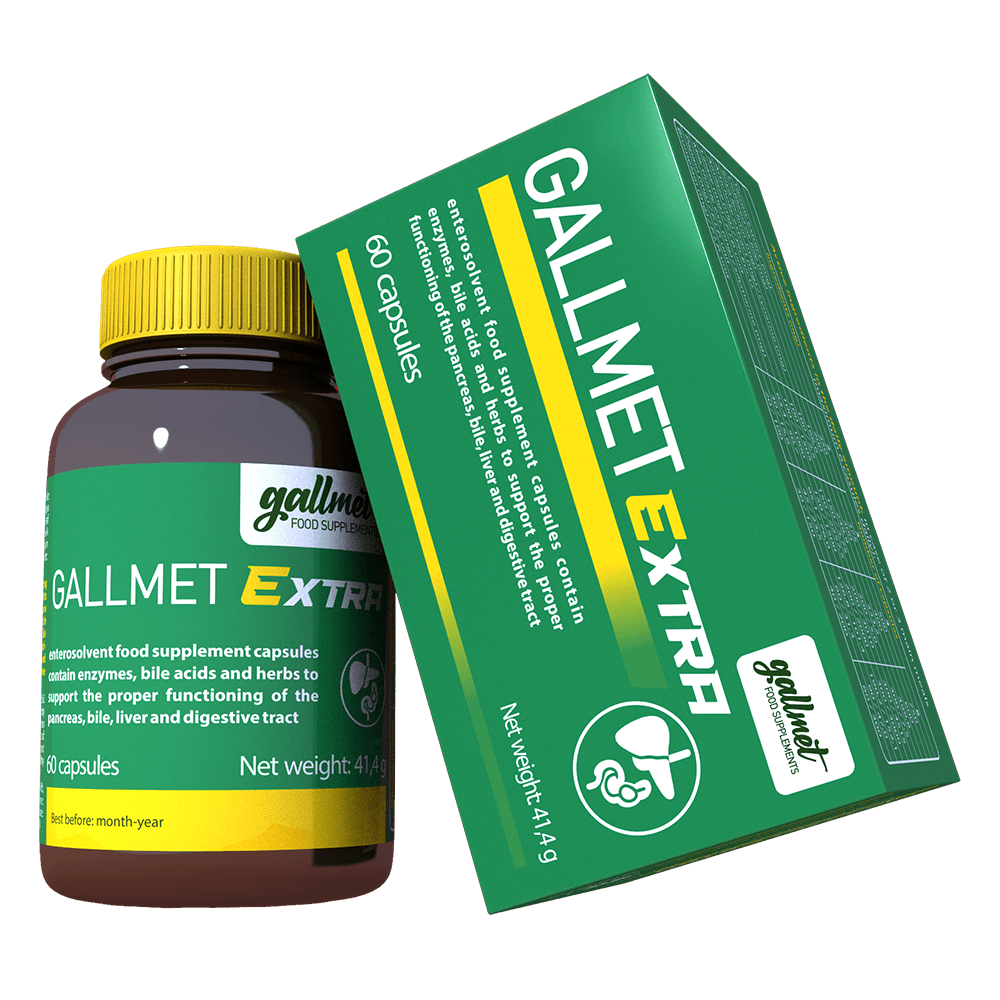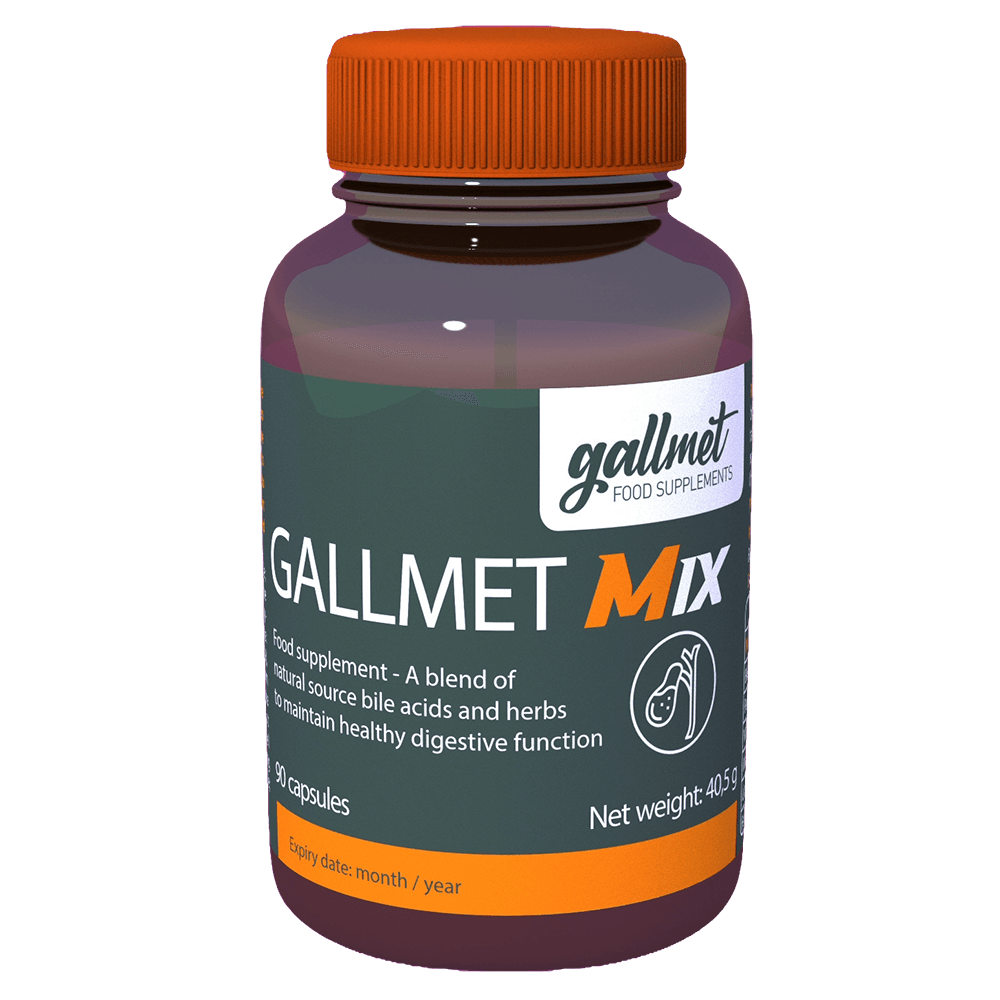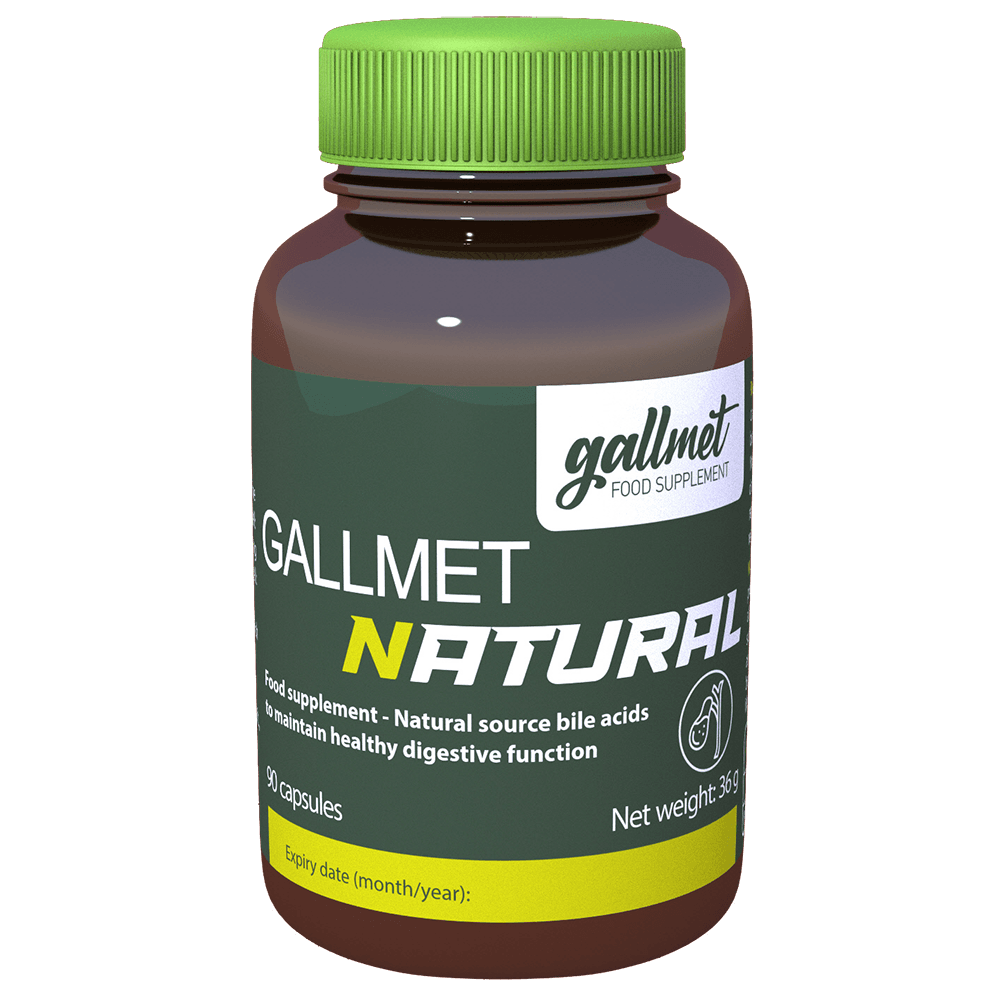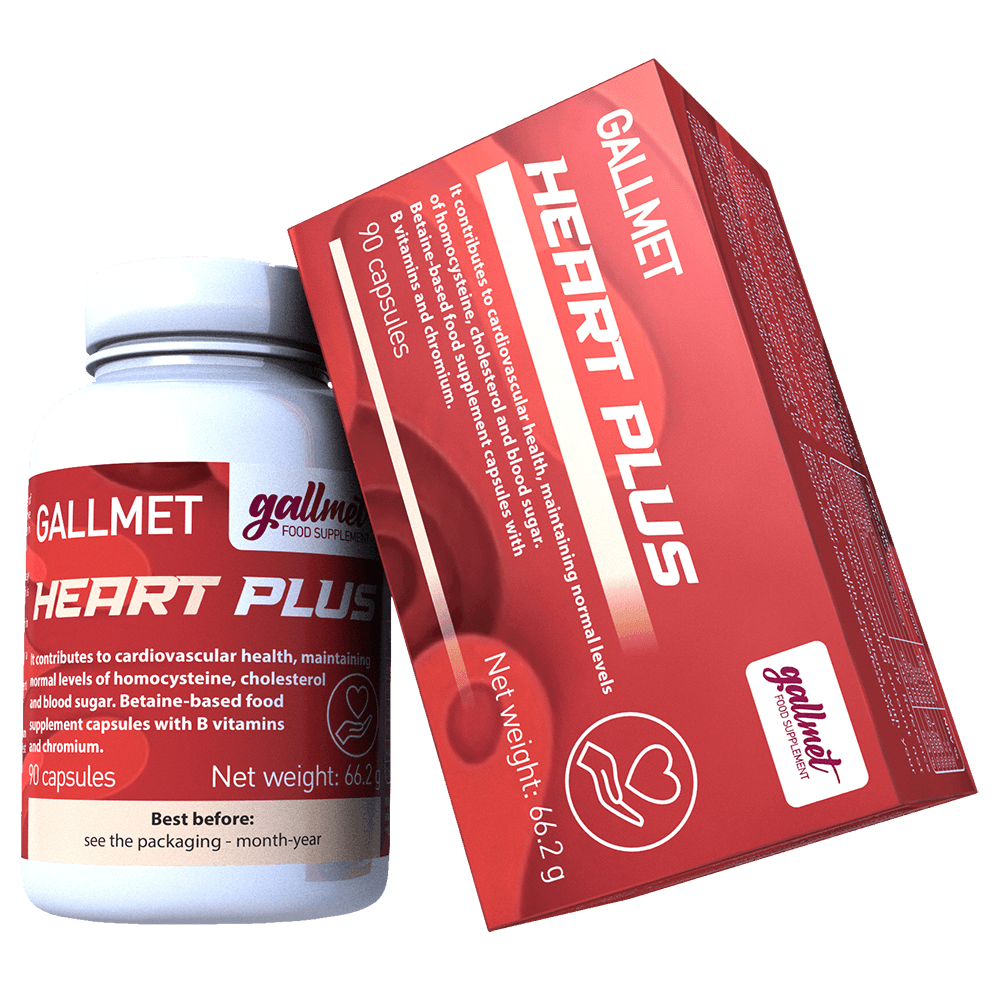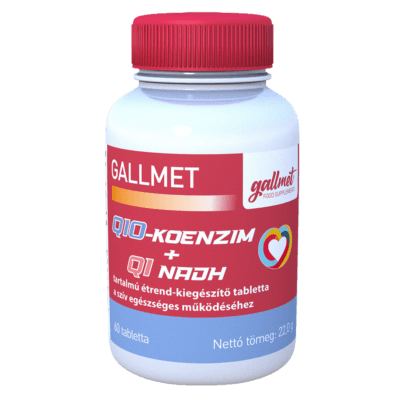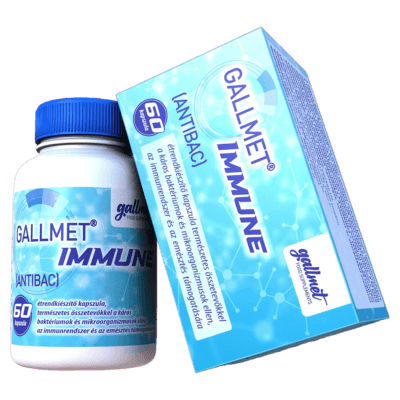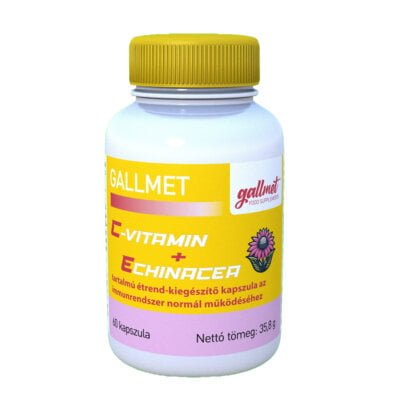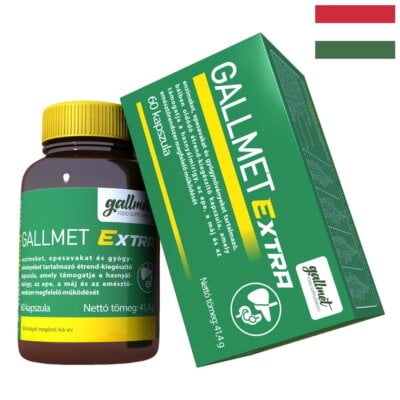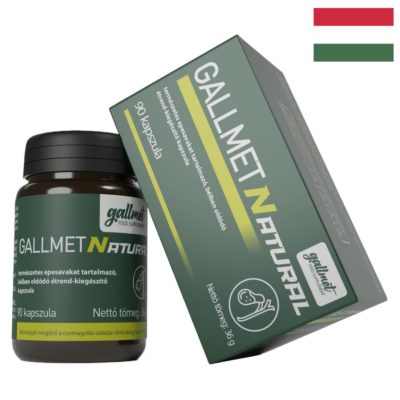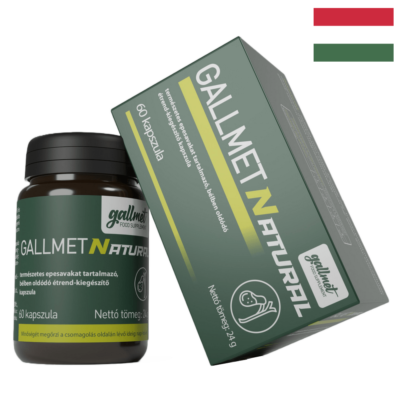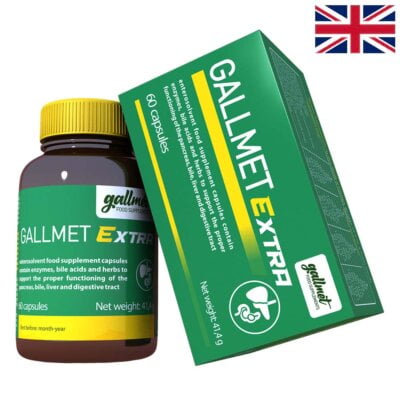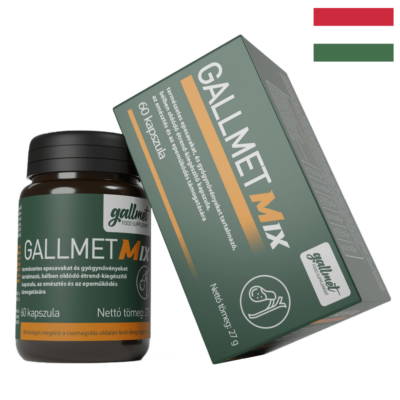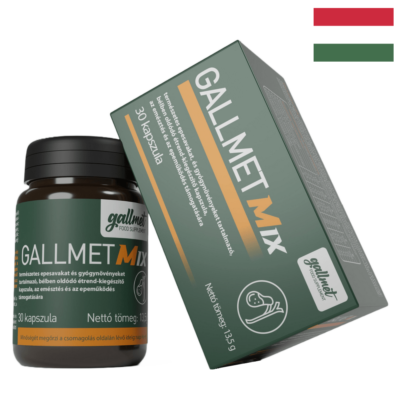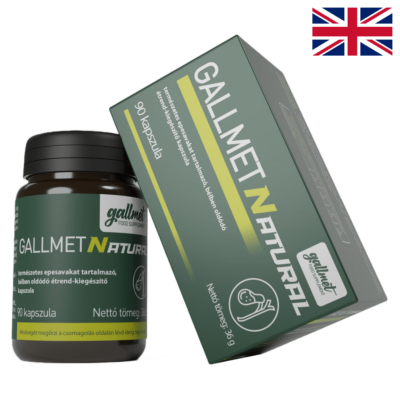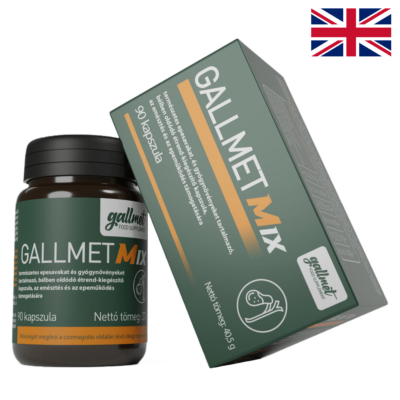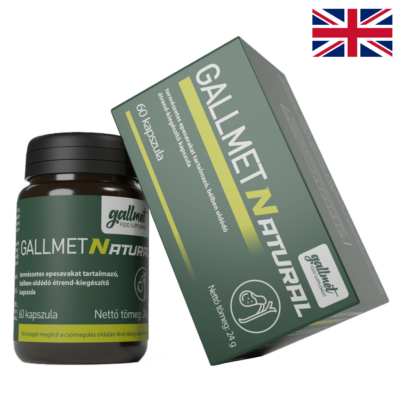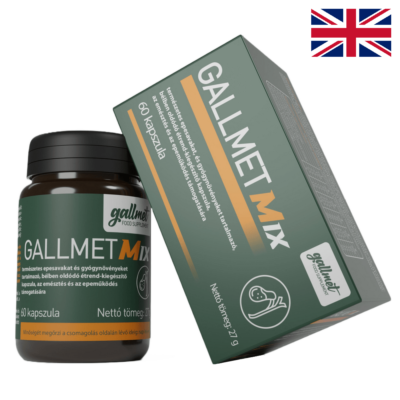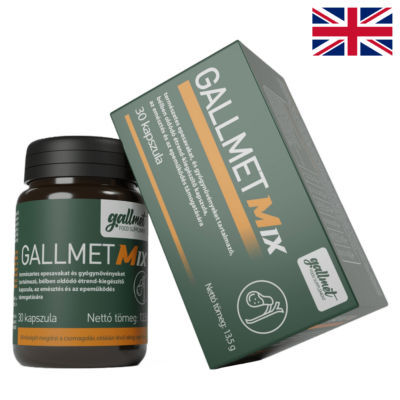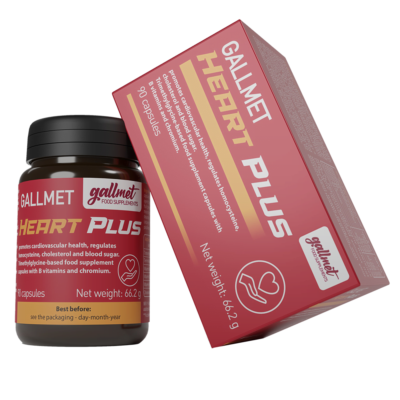Can we describe the heart attack?
Interview with Dr. Péter Légrády on the role of bile and bile acids in high cholesterol

Title: Interview - Can we describe the heart attack?
Source: Hungarian Chronicle 2009
Download in PDF
Can we describe the heart attack?
Interview with Dr. Péter Légrády
Summary
We have an organ, the gall bladder, which we know pretty much only by the way of a tasty colloquialism. Not only does it not throb or pant, but it is not known to swell, atrophy, malfunction, need to be restrained, stimulated, stroked... it is apparently not problematic. Well, medicine knows a lot about it, of course, but it's not as fashionable as it was a hundred or two hundred years ago. It is precisely this relative lack of problems that has become suspicious, problematic, in the eyes of Dr. Légrády...
- What was their research about?
- We have investigated the turnover and metabolism of bile and bile acids, which are so important in the circulation of fat, fat-like substances and fat soluble substances, and their obstruction, or in simple terms: the dysfunction of the liver and bile system. Thus, not only liver and biliary diseases (e.g. biliary tissue), but also diseases which are thought to result from or to play a greater or lesser role in the dysfunction of this system, e.g. rheumatic diseases, migrainet, functional infertility...
- These are suspiciously diverse groups...
-At the level of the organs, they can indeed appear to be diverse. But if you go down to the cellular level, to the molecular level, they are not. The role of bile acid as a detergent in metabolism: this is the key concept, the common denominator.
-High cholesterol was not mentioned, although...
- Cholesterol was really not a concern for us initially. A fashionable topic, eager specialists: why should we care?
...although this has now become their main policy. I suppose there's a reason...
- The animal-human body needs a lot of cholesterol to function, and excess cholesterol is eliminated through the liver-peritoneal system. Well, in the course of our work, we developed a method of investigation that precisely detects the malfunctions of the liver's metabolism, including the bile acid metabolism, and it was obvious to us that if the excess and therefore extremely harmful cholesterol does not disappear, then there is a defect in the elimination of cholesterol, in the removal of cholesterol, since this is the only possible natural way of getting rid of cholesterol. Cholesterol is broken down into bile acids, which are then excreted directly into the bile.
- How is this understanding of cholesterol different from the one that has been accepted around the world?
- Others ask: why is there too much cholesterol in the body? how can we avoid it? These questions suggest limiting external intake, i.e. diet, and since this is not effective in the long term, increasingly harsh drugs are used. We ask why excess cholesterol is not broken down? In other words, it is considered to be the primary cause of high blood cholesterol - in the majority of cases - and a low-cholesterol diet is considered unnecessary or even harmful: cholesterol absorbed in the diet has a regulatory role in the body's internal cholesterol formation. By normalising this process, the use of expensive and harmful side-effects of drugs could be significantly reduced.
- This seems theoretically reasonable and logically easy to understand. And in practice?
- Hundreds of our patients have had their cholesterol levels permanently reduced by an average of 30% without a torturous diet and without adverse side effects from medication.
All this, needless to say, has its own positive economic aspects, from the cost of treatment to the smooth functioning of the treated, the ability to work, to the re-tuning of the structure of the medication, instead of cholesterol-lowering and binding agents.
-"To the main square", you say. Do I understand that there are still some points in the background that are supposed to be unclear?
- We have not yet been able to systematically test people with hereditary diseases, but there is also a problem of elimination, so sorting this out could also improve their situation.
GALLMET products are available in ALL Hungarian pharmacies and herbal shops or can be ordered!
Click on the [print-me] icon to print the page

